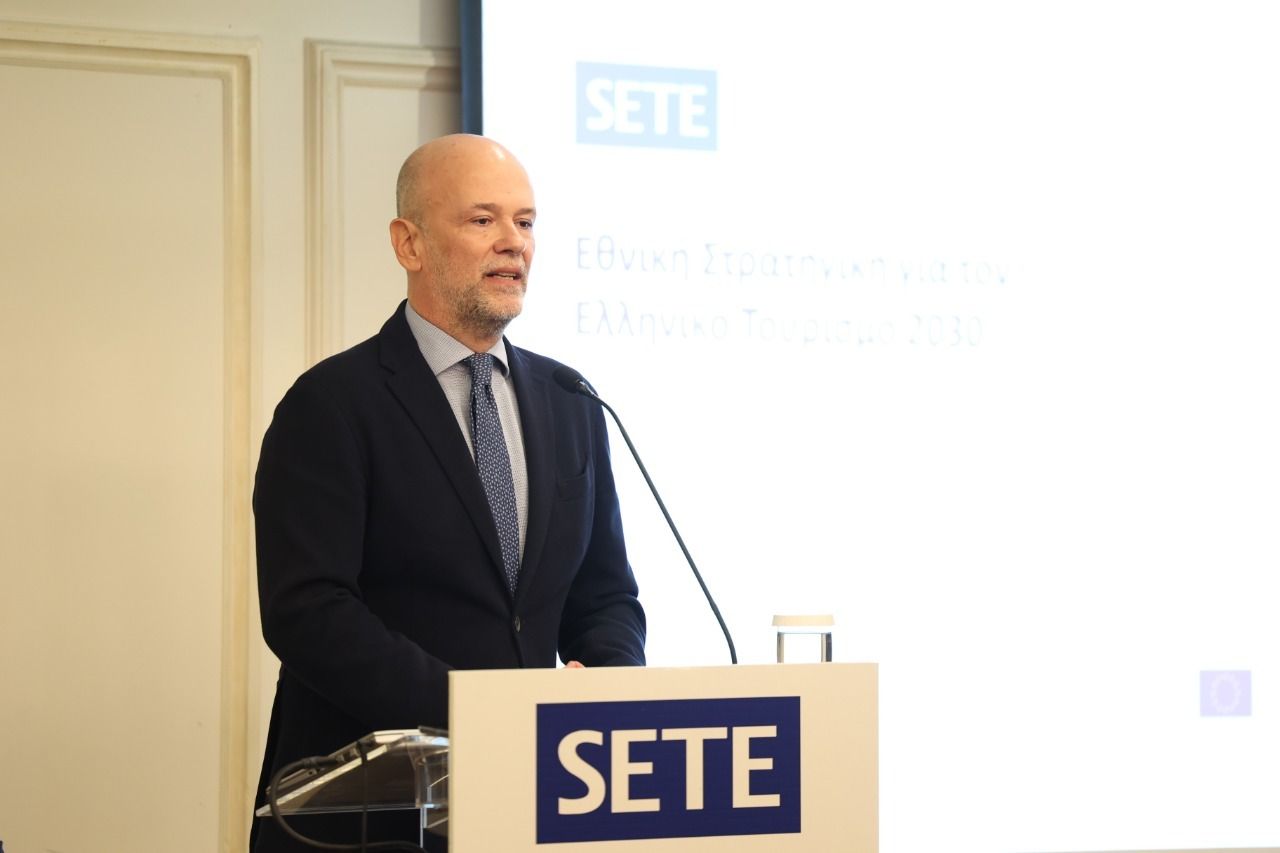Greece explores ways to regulate short-term rental business
As part of efforts to regulate the short-term rental business and given the growing market demand for Airbnbs in Greece, the Minister of Tourism Vassilis Kikilias announced this week the sending of official letters to tourist accommodation rental platforms asking them to adapt their advertising policy concerning hotels and Airbnb-type rentals.
More specifically, speaking during the Event “National Strategy for Tourism 2030” organized by the Greek Tourism Confederation (SETE)Kikilias said the ministry would contact Booking.com and Expedia in that direction.
“In short, there will be no hotels listed without stars. When hotels are advertised, for example, short-term rentals cannot be advertised. This will be clarified,” Kikilias said.
The minister went on to add that the government also plans to differentiate the individual rental business from commercial entities operating dozens of Airbnbs, in line with the European Commission’s upcoming framework regulating short-term tourist rentals in the EU.
More calls in the EU for fair market conditions
Last week, associations representing tourism and related sectors in Europe welcomed the Commission’s announcement of a regulatory framework for short-term rentals in Europe by the end of the yearadding that now is the time to ensure a level playing field and fair competition in hospitality and tourism.
Addressing the event, the President of SETE Yannis Retsos reiterated the need for a here-and-now framework, adding that while Airbnb-style rentals are an integral part of the country’s tourism product, there is still a “grey area” regarding the often dubious commercial activity of property rental in bulk, which creates unfair market conditions, especially for hotels and paid accommodation establishments that operate legally.
Retsos referred to SETE’s proposal which would see the involvement of municipal authorities in the regulatory process. “We consider the involvement of municipalities to be very important. It is necessary to attribute competence to the respective mayors so that they can set limits to such activity.
In the spring, SETE proposed VAT, a special municipal tax, a property ceiling and rental deadlines as part of a set of rules to regulate Airbnb-like activities.
Echoing Retsos, Mayor of Athens Kostas Bakoyannis agreed on the urgent need develop a regulatory framework for short-term rentalsadding that, as is the case in the rest of Europe, in Greece too, municipal authorities should be responsible for setting limits on short-term rental activity according to the needs and capacity of reception of each area.
Airbnbs demand in Greece increases
Meanwhile, according to AirDNA data, Airbnbs demand in Greece continues its upward trend, marking a 13.5% increase in overnight stays in September compared to the same month in 2019.
Greece was fourth after France (+19.2%), Germany (+15.7%) and Austria (+15.1%) on the list of countries with the highest demand for short-term rentals term.
According to the same data, Greece was also one of only eight countries Europe to see the number of Airbnb-style listings increase. Norway saw the largest increase in the number of available ads, up 11.2%, followed by France (+8.5%) and Poland (+7.7%). Greece ranked 8ewith a 0.6% increase in available ads.
In addition, Greece also saw demand for short-term rental options increase by 61.8% over the summer compared to the same period in 2021. The country performed well in the number of overnight stays which increased by 24.1% compared to before Covid 2019 and ranked 3rd in the Top 3 among 20 countries after Germany (+24.8%) and ahead of France (+21.9%).
Follow GTP headlines on Google News to keep up to date with all the latest news on tourism and travel in Greece.





Comments are closed.